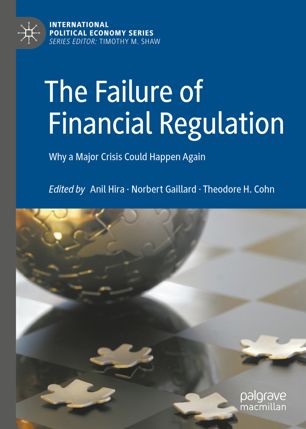

Most ebook files are in PDF format, so you can easily read them using various software such as Foxit Reader or directly on the Google Chrome browser.
Some ebook files are released by publishers in other formats such as .awz, .mobi, .epub, .fb2, etc. You may need to install specific software to read these formats on mobile/PC, such as Calibre.
Please read the tutorial at this link. https://ebooknice.com/page/post?id=faq
We offer FREE conversion to the popular formats you request; however, this may take some time. Therefore, right after payment, please email us, and we will try to provide the service as quickly as possible.
For some exceptional file formats or broken links (if any), please refrain from opening any disputes. Instead, email us first, and we will try to assist within a maximum of 6 hours.
EbookNice Team

Status:
Available0.0
0 reviews“This publication could not be more timely. Little more than a decade after the global financial crisis of 2008, governments are once again loosening the reins over financial markets. The authors of this volume explain why that is a mistake and could invite yet another major crisis.”
—Benjamin Cohen, University of California, Santa Barbara, USA
“Leading political scientists from several generations here offer historical depth, as well as sensible suggestions about what reforms are needed now.”
—John Kirton, University of Toronto, Canada, and Co-founder of the G7 Research Group
“A valuable antidote to complacency for policy-makers, scholars and students.”
—Timothy J. Sinclair, University of Warwick, UK
This book examines the long-term, previously underappreciated breakdowns in financial regulation that fed into the 2008 global financial crash. While most related literature focuses on short-term factors such as the housing bubble, low interest rates, the breakdown of credit rating services and the emergence of new financial instruments, the authors of this volume contend that the larger trends in finance which continue today are most relevant to understanding the crash. Their analysis focuses on regulatory capture, moral hazard and the reflexive challenges of regulatory intervention in order to demonstrate that financial regulation suffers from long-standing, unaddressed and fundamental weaknesses.